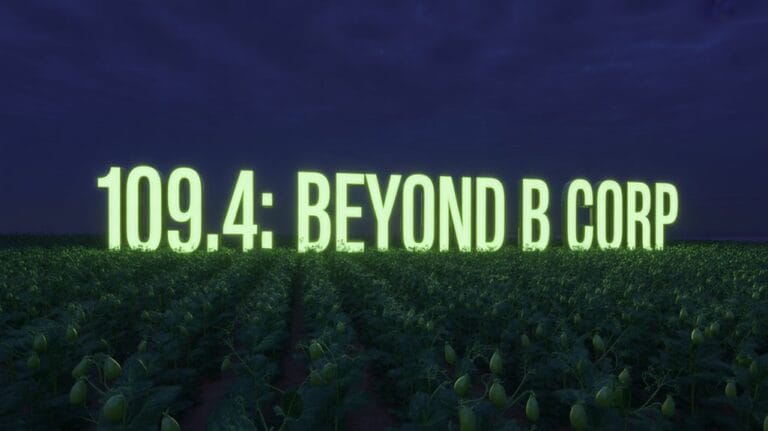Sproud has earned B Corp certification after receiving a score of 109.4 from B Lab, the nonprofit behind the global standard for social and environmental business performance. To be clear, anything above 80 points in the B Impact test is already impressive. Sproud blew past that, proving its Sustainability Practices go further than most firms. The brand scored high in five areas: governance, environment, workers, community, and customers. This commitment to sustainability mirrors the ethical sourcing practices seen in leading coffee brands worldwide.
Why does the score matter? B Impact grades tell shoppers how much a company cares about planet and people, not just profit. Sproud’s peas need far less water than dairy farms. The crop’s roots even add nutrients back to soil, cutting the use of chemical fertilizers.
Peas over cows: less water, richer soil, fewer chemicals—proof that the score actually means something for shoppers and the planet.
Sproud drinks sit on a shelf for months without going bad. This cuts food waste and lets trucks skip energy-guzzling refrigerators. Since 2018, the firm has tracked water use, carbon levels, and packaging weight, aiming to trim down each year. nationwide Sainsbury’s launch in 2025 will bring the drinks to even more UK kitchens, keeping the planet-friendly supply chain intact.
Transparency is another pillar. The company’s public B Corp profile lists exact scores and targets. Staff wages, supplier audits, and carbon footprints are posted for anyone to read. In 2024, Sproud became the first food firm to earn ISO 26000 status, reinforcing its commitment to validated, socially responsible operations.
Sproud follows ISO 26000, a global guide for responsible business. Board minutes note how every big choice affects workers, farmers, and neighborhoods. A “mission locked” clause keeps future owners from erasing environmental pledges.
Innovation plays a role too. Sproud uses yellow split peas, a hardy legume that needs little irrigation. The resulting milk mixes easily in coffee and has more protein than many nut blends. Each carton lists its climate impact on the side, so buyers can compare.
Certification marks a start, not a finish. Sproud must re-test every three years to keep the badge. Ongoing targets cover lighter bottles, fairer farm deals, and lower factory energy use.
For everyday shoppers, the logo now signals a drink that tries to treat both people and planet better, one sip at a time.


